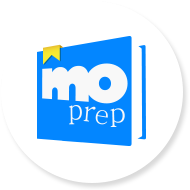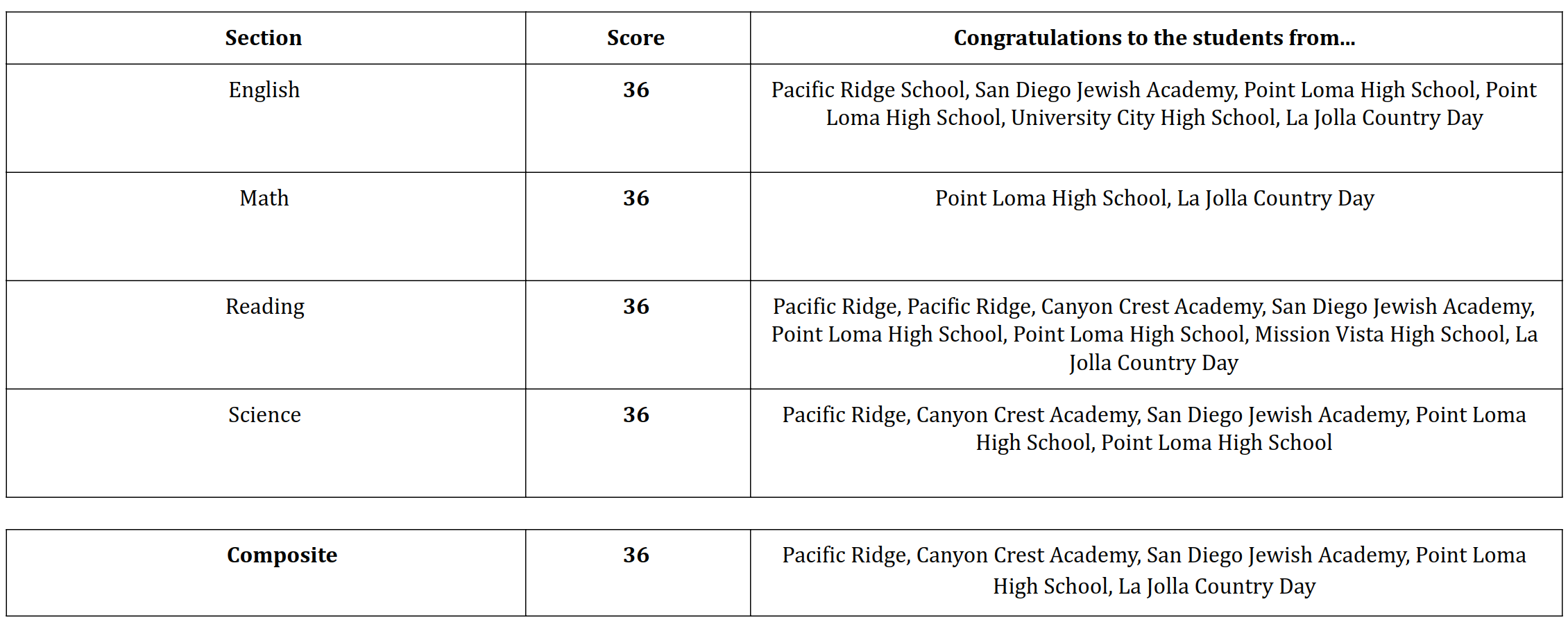
The ACT
The ACT is a standardized test used primarily as a college entrance exam.
It is a 3-hour multiple-choice test with an optional essay portion, testing core concepts in English, Math, Reading, and Science. It is designed to test the foundational aspects of high school education, as well as predict student readiness for college.
Our Approach
Mo Prep offers a three-pronged approach to test prep:
Content
Our tutors guide students through results-backed proprietary lessons that focus on building the foundational concepts tested by the ACT. These lessons are hand-picked for you based on your individual needs and scores. We use diagnostic tests, in-session practice, and extensive question-type coding to hone in on what material each student does or doesn’t need to cover.
Strategy
Once core content is established, tutors teach students section-specific strategies covering overall approach, timing, and problem-solving. Student strategy use is continually adjusted throughout their work in ACT practice tests, where they will complete official practice questions in-session and as homework.
Performance
Finally, we host full-length practice tests with official practice material. Students will often take multiple practice tests, at the suggestion of their tutor, to identify progress, where adjustments need to be made, timing difficulties, content gaps, and strategy use. We use student performance on practice tests to predict performance on official tests and adjust the overall tutoring plan.
Individualized for You
Our process is heavily influenced by the students’ timeline and personal goals. A student coming in with three weeks until an official test is going to require a much different approach than a student coming in with three months until an official test, and the way that we set up our curriculum allows for us to make the necessary adjustments to get both of those students over the finish line.
Our Progress Tracking
We track each students’ progress as they work through our curriculum. This allows us to view specific progress on individual sections, types of questions, overall progress on composite score, and strategy use. This gives us a more cohesive perspective on student progress and allows us to see, and potentially mediate for, changes in learning growth across the entire process. On our practice tests, we generate reports to determine what is and isn’t working.
We keep in regular communication with our families. Our tutors send short summaries of each session to parents, keeping the line of communication open and giving families the opportunity to ask questions about progress. The office will also do occasional check-ins with parents to make sure that everything is on track.
Lastly, we adhere to a strict timeline. Our tutors have a copy of the ACT timeline with each student’s official test date flagged. When a student has a change in their timeline, either by adding to or changing their official test dates, the tutor will work with the student to reassess the tutoring plan and clearly communicate the changes to both the student and parent.
Our Results
Our students from the 2019-2020 school year saw an average composite score gain of 6 points.
Quote from S24 on her 12-point gain:
“I started test prep because I knew I needed help learning and practicing for the ACT. I knew that I wouldn't be able to do it alone, and I needed someone to push me. Going to college is very important to me, and I want to make sure that I do everything I can to get as many options as I can so that when the time comes I have a choice of where I want to go.” - SDJA, Class of 2021
ACT Score Gain Hall of Fame
ACT Scores to Beat
Note: Each school name represents one student.
*2025 Enhanced ACT Updates*
How is the ACT changing in 2025?
The ACT is becoming shorter and going Science-optional. This is primarily seen as a way to make the test more competitive with the newer SAT, while maintaining their standards and consistency. Although we haven’t seen the new practice tests yet, we believe this test will be a very popular shift, as it addresses some of the historical complaints students have shared about not wanting to take the Science (or the test being too long).
When exactly is the test changing?
There are two dates to keep in mind - April 2025 is when the digital test becomes available and changes (but the paper and pencil date is still available and unchanged), and September 2025 is when the paper and pencil date changes.
Update - There have been no dates available in Southern California for the new digital test for either April, June, or July. The closest we found was a spot up in Bakersfield for the June test. We will continue to monitor the registration in the hope more dates/locations open up.
Are colleges still using test scores for college admissions?
Absolutely! Many schools have shifted back to test-required in the past year, and more schools who are test-optional are making it known that a test score is beneficial. The best information you can now find is on many school’s tours, but you can also seek out a counselor to help you navigate these requirements and preferences.
The one big exception? The UC system has been legally barred from looking at the ACT and SAT (though they still certainly look at your AP scores), and the Cal State system has opted to follow suit and also not look at the ACT and SAT for admissions. If you are only considering looking at these schools, it would be wise to spend your time preparing for your AP exams. If you would like options beyond the California public schools though, it can be very helpful to have a good test score in hand while applying.
Should I submit test scores for a test-optional school?
If you have the ability and opportunity to submit a test score to a test-optional school, it can only add to the strength of your application. While many colleges promised equal opportunities in test-optional admissions this past fall for score and non-score applicants, colleges across the country accepted students who submitted test scores with their application at significantly higher rates. In addition to requiring test scores for select merit scholarships, some test-optional schools may require course placement exams in lieu of ACT scores.
What other benefits come with taking the ACT?
Unsure if preparing for a test is beneficial to your situation? We’re breaking down the reasons behind why students take the standardized tests in our Why Prep? blog series.
Why Prep? Part 1: Fundamental Skill Building
Why Prep? Part 2: Scholarships

Helpful Resources for ACT Students
2024-25 ACT Dates and Deadlines
Test Date
September 14, 2024
October 26, 2024
December 14, 2024
February 8, 2025
April 5, 2025
June 14. 2025
July 12, 2025
Registration Deadline
August 9, 2024
September 20, 2024
November 8, 2024
January 3, 2025
February 28, 2025
May 9, 2025
June 6, 2025
Late Reg. Deadline
August 25, 2024
October 7, 2024
November 22, 2024
January 20, 2025
March 16, 2025
May 26, 2025
June 20, 2025
Expected Score Release
September 24. 2024
November 12, 2024
December 24, 2024
February 18, 2025
April 15, 2025
June 24, 2025
July 22, 2025
Just want some practice?
Below are some of the books we use with our students for practice work. While we don’t recommend them as a replacement for prep, they are all trusted sources for official or ACT-style practice questions.
We provide all in-session materials for our students at no additional cost.







